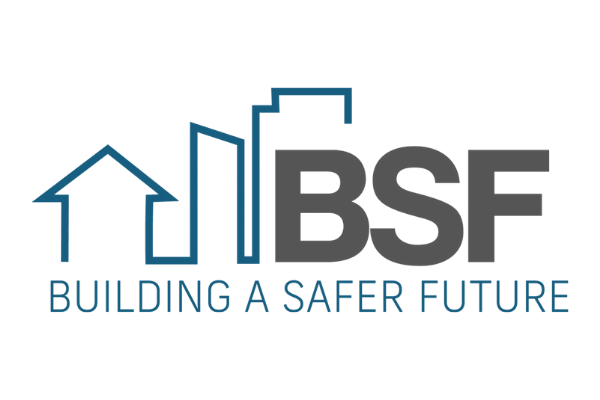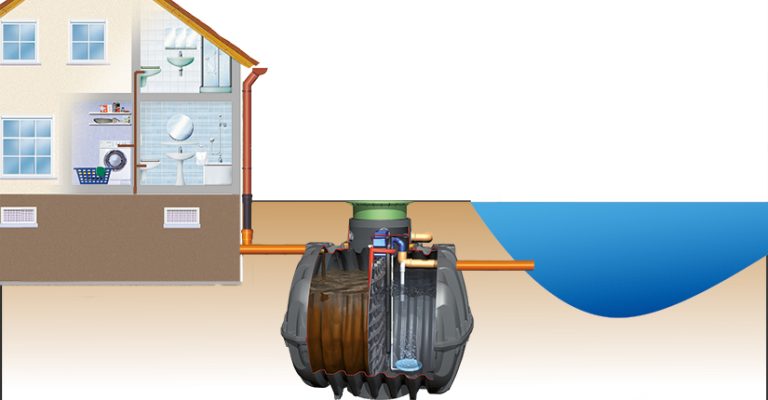If your home comes with a septic tank, then you’re obliged to abide by a string of regulations. These regulations protect not only you, but the people around you and the natural world, too. Around half a million homes in the UK are equipped with septic tanks – and if any of the relevant homeowners fail in their duties, they could be met with heavy legal penalties. What is a septic tank? A septic tank is a kind of underground vessel to which waste water from the home is discharged. Septic tanks tend to be favoured in remote areas where connection to the sewage system is impracticable. What are the new regulations? 2015 saw a series of new septic-tank regulations come into force, governing the discharge of waste from septic tanks. Homeowners were obliged to make the necessary upgrades before 2020, or stop using their tanks. According to the law, the homeowner is responsible for operating the sewage tank. This responsibility can, however, be shared with a number of other homeowners. You might also be renting the property, in which case you’ll be responsible for the operation of the tank. You’ll be discharging sewage into the ground or a nearby body of water. If you began to do this before 2015, and the discharge has not changed in type, moved more than ten metres, or increased in volume by more than 2,000 litres a day (in the case of ground discharge) or 5,000 litres a day (in the case of surface-water discharge), then it will be considered an ‘existing’ discharge. Otherwise, it will be considered a new discharge. New discharges must be connected to the main sewer, if the Environment Agency deems it practicable. If they don’t, you’ll get a permit for a sewage treatment system. Note that you’ll probably need planning permission to install a facility of this kind. The duty of care from conveyancing solicitors If you’re buying a property with a septic tank, then it’s the duty of the solicitor to protect you from any nasty surprises. They’ll need to establish when the system was installed, and what implications that might have for your future in the new home. If your solicitor has failed to do this, then you might find yourself facing significant expenses and hassle. This is where legal action in the form of a septic tank negligence claim might be warranted. How the new laws could impact future homeowners If you’re the owner of a septic tank that was installed without building regulations approval or planning permission, then you could be forced to make the system compliant, even if it wasn’t you that commissioned or supervised the installation in the first place. As such, it’s critical that you do your homework before moving in.






